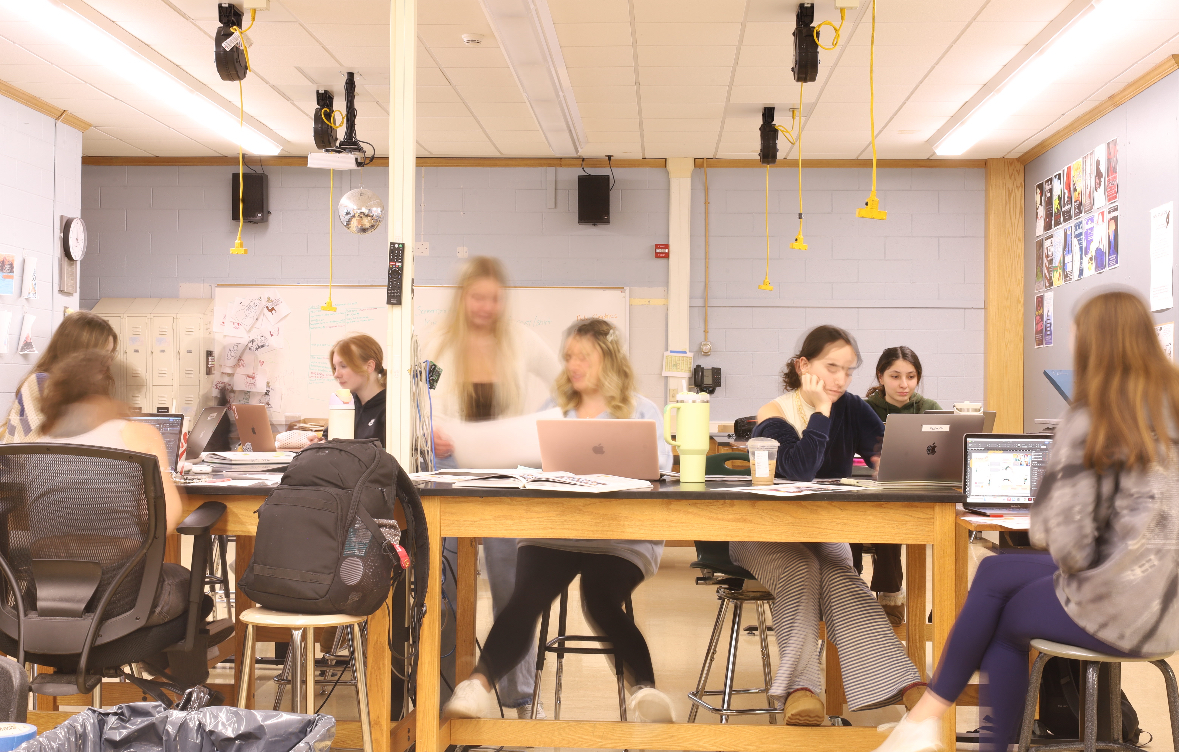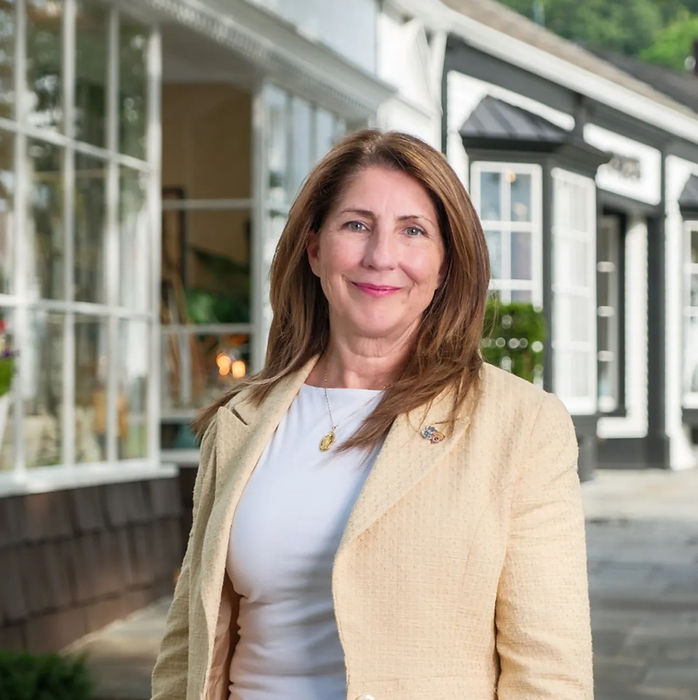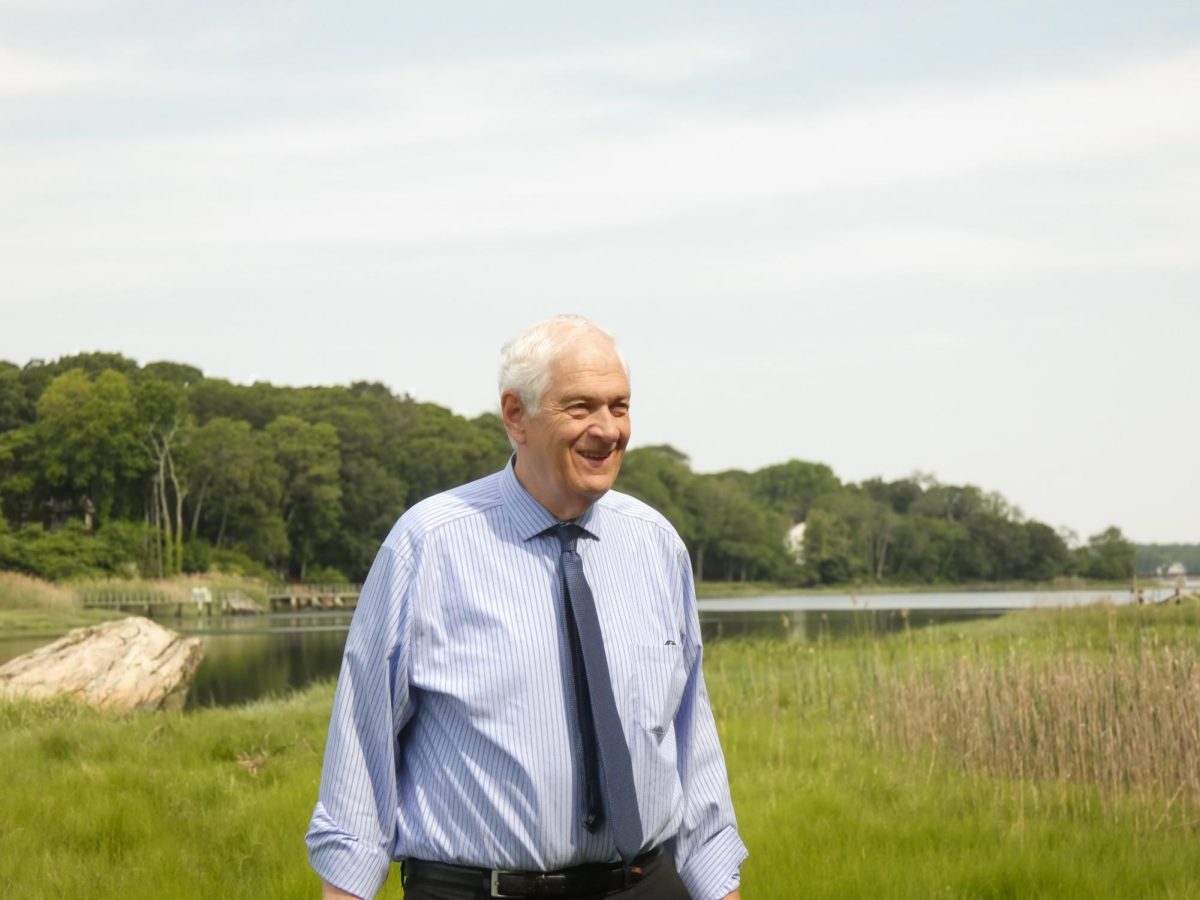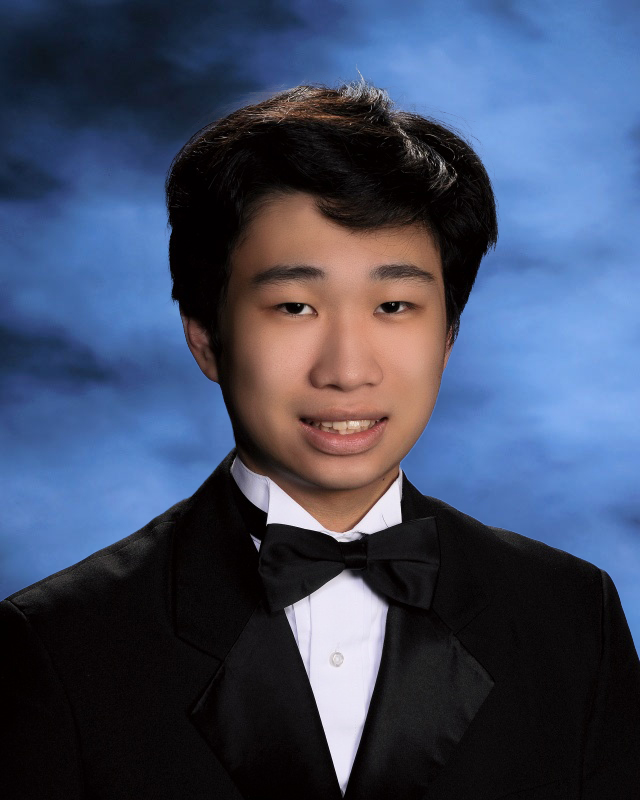This article was originally published in Kaleidoscope‘s Spring 2025 print edition. It is being published as a separate online article now for easy access.
Well after the school day has ended, even well after the sun has set, one room in Ward Melville still has the lights on. It’s the deadline day for the yearbook club, the culmination of their countless hours of hard work throughout the year. Creating a theme, gathering pictures and information, and editing for the entire yearbook is an incredibly meticulous process. Ella Higgins, the editor-in-chief, Piper Whitney, contributing editor, and Violet Fortner, who manages interviews, shared what happens behind the scenes.
In June, the editor-in-chief establishes the next year’s theme. The club typically works on the specifics in August. To brainstorm ideas, the club utilizes pinterest boards, researching ways to make the yearbook unique.
Higgins started this process early last summer. She noted, “I would critique those [pages] myself, trying to perfect the theme so I had a clear understanding of it, so I could translate that to my staff.” Teamwork is essential for the yearbook’s cohesiveness. The exact colors, shapes, and sizes of certain pictures must be consistent. Fortner articulated that this year’s book “has taken a more abstract thought and made it a reality.”
Next, the club gathers content through conducting interviews covering fall sports, homecoming, and other events starting in September, when, as Fortner said, the club “hits the ground running.” The yearbook must be done by April so it can be printed and distributed.
Higgins described club photo day as their “most hectic day.” Nonetheless, it runs smoothly thanks to the students’ cooperation and the organization of duties. Some yearbook club members get people in height order, others type names, and still others collect the passes. Higgins said, “Everyone has their own different job and we all come together to make it work.”
With a whopping 220 pages, responsibilities must be well organized. The editor-in-chief runs the club, edits pages, makes sure everyone understands their tasks, and ensures the theme is maintained. Fortner expressed that Higgins is “incredible at her job.” She added, “We haven’t missed a single deadline this year.” Higgins herself stated, “It’s a lot, but it’s a lot of the stuff that I enjoy.”
Other members lead different sections, such as sports and student life. Fortner manages the interviews. She stated, “I’ve conducted over 75 interviews this year…I make sure those interviews are typed up and sent in.” As challenging as this may seem, Fortner acknowledged the difficulty of editing, saying, “These incredibly talented students take pictures of people and trace them around the edge just to get a cutout of them, which can take an hour on its own.” One of these editors is Whitney, whose roles also include working on spreads and overseeing sections, ensuring they meet the club’s standards.
Whitney opined that the most difficult part of creating the yearbook is reworking designs to fit with the theme. She stated, “Every year, we come up with a meaning that connects to a theme. Every spread and quote should try to connect to the general theme.”
According to Higgins, teamwork was particularly challenging. She remarked, “Things aren’t going to one hundred percent go your way, and with that being said, I love working with people too. They all had really good ideas.”
Fortner commended the club’s time management in the face of demanding deadlines. Members are sometimes at school until eleven at night on the book’s due date. With only about fifteen people, everyone is vital. Mrs. Baum, the advisor, was absent at the beginning of the year, so the club couldn’t even start until October. Nonetheless, Fortner asserted, “Everyone did their part. There was a good, even flow of communication.” This communication, along with Higgins’ work over the summer, contributed to the yearbook’s success.
Both Whitney and Fortner expressed their love of the club’s community. Whitney mentioned, “I get to build all of these meaningful connections while designing and contributing journalism.” Likewise, Fortner noted, “I feel like we’ve become a family.” That family is a remarkable team, putting together a book Ward Melville graduates will cherish for many years to come.









